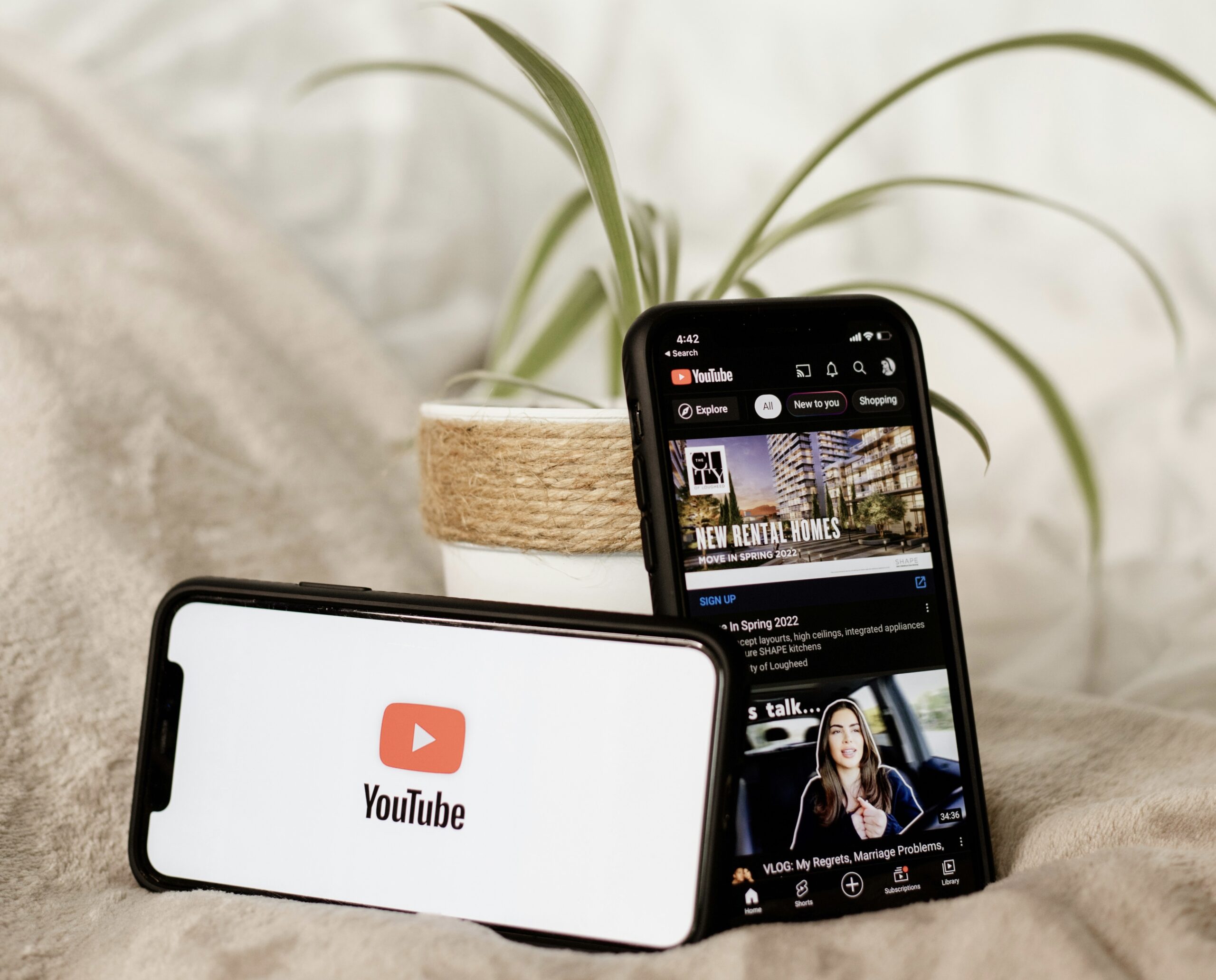Social media moguls: The power and pitfalls of influencer beauty brands
Exploring the public scrutiny that influencers face when their personal lives are intertwined with their brands.
In the digital age, influencers have the opportunity to become entrepreneurs, turning their online fame into a lucrative business. Brands like Sister Cosmetics by James Charles and Shane Dawson’s collaboration with Jeffree Star Cosmetics highlight these influencers’ advantages and struggles. Although these businesses thrived and relied on a high supply of loyal consumers, their brands suffered after Charles and Dawson faced public backlash when personal scandals arose. A significant reason is that, like many other influencer brands, the brand is seen as an extension of the person. If an influencer is “cancelled,” there is a likely chance that the brand will be as well.
James Charles, a makeup guru on YouTube with millions of subscribers, launched Sister Cosmetics in 2019, taking advantage of his already-established platform on social media. His loyal fans were excited to support him with the makeup line since Charles emphasized that he was creating the line specifically for his fans. By sharing behind-the-scenes content, he made the fans feel involved in the development of his products, creating a connection that turned his fans into loyal customers.
However, in 2019, Charles was involved in a scandal involving allegations of inappropriate behaviour towards other influencers, leading the public to “cancel” him. Some fans chose to separate themselves from such behaviour and called for a boycott of Sister Cosmetics. However, most fans remained supportive, revealing the almost “cult-like” loyalty influencers can inspire. This relationship raises questions about influencers’ responsibility to maintain ethical conduct, as their life is intertwined with their businesses. The biggest ethical issue is the thin boundary between personal and professional life. When scandals occur, the company suffers as the influencer and the brand is perceived as one entity. However, this personal connection that fans feel they have with the influencer makes it difficult for fans to critique their actions, increasing the defence of the influencer regardless of the controversy.
On the other hand, Shane Dawson’s collaboration with Jeffree Star Cosmetics in 2019 resulted in a highly successful collection. Dawson, a long-time YouTuber who began his career in 2008, used his large following to market the makeup line by documenting the creation and testing of the products. So, the fans felt connected to the collection, as if they were there from the beginning. Like Charles, Dawson’s brand mirrors his personality and online persona.
However, Dawson has a history of controversial content and a list of accusations of racism and offensive jokes in past videos. Despite this, the collaboration with Star sold out right before his past resurfaced in 2020. Then, many fans questioned their loyalty to the brand and the influencer. Many videos came from furious fans destroying the makeup they purchased, burning his books, and swearing off his content—an excellent example of how an influencer’s actions heavily impact their brand’s image. Moreover, the controversial choice to collaborate with Jeffree Star Cosmetics made the fans question his decisions even more.
James Charles and Shane Dawson faced public scrutiny when their personal lives were intertwined with their brands. In today’s internet culture, “cancel culture” plays a significant role in holding influencers accountable, but the brands thrive on the intense loyalty of the fans, cultivating a “cult-like” phenomenon that leads to prioritizing the brand instead of ethical behaviour.

